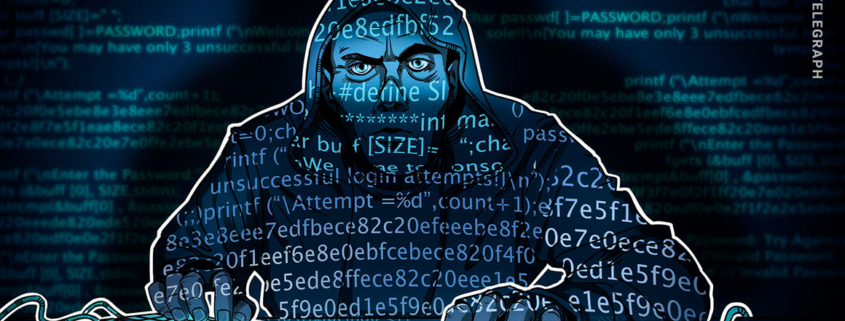Reeling from post-hack price slump, Easyfi reveals community compensation plan
After a devastating hack, a cross-chain decentralized finance (DeFi) protocol has revealed today a temporary compensation plan for token holders and investors impacted by one of the largest exploits in DeFi history.
In a Tweet today, EasyFi announced their “Interim Compensation Plan,” a multi-stage process that includes immediate payments, IOU tokens, and incentive programs aimed at victims of the attack.
1/ #EasyFi is releasing a carefully thought out compensation plan for the protocol users on @0xPolygon.
We would also like to inform you that we have onboarded new strategic investors & strong backers to help expand the protocol operations & business. https://t.co/Gu7FtLcsnc
— @easyfi.network (@EasyfiNetwork) May 7, 2021
The hack, which took place 19 April, is considered to be among the largest in DeFi history, with $6 million in stablecoins and 2.98 million EZ tokens worth upwards of $120 million lost at the time of the attack. The hacker was in a complicated position, however, as after exploiting the protocol they owned upwards of 30% of the supply of EZ tokens and there was limited liquidity with which to unload them. The token “hardforked” to EZ 2.0 a week later, rendering the attacker’s remaining tokens effectively worthless.
In a Tweet from his personal account, EasyFi founder Ankitt Gaur confirmed that the hack was the result of a “targeted attack on the founder’s machine/metamask to access admin keys and execute the well-planned hack.” This attack vector bears similarities to a 2020 hack on the personal computer of Hugh Karp, the founder of Nexus Mutual, who lost $8 million.
An expert from hack and exploit publication Rekt noted that the theft may have been the result of lax security practices, in that a single individual was in possession of the keys to the treasury, as opposed to being secured in a wallet with precautions against this type of hack such as a multisignature scheme or timelocked transactions.
In their compensation plan blog post, EasyFi characterizes the attack as “well-planned” and “sophisticated.”
Regardless of the cause, the efforts to compensate victims is multifaceted. Per their post, 25% of lost funds will be distributed to…


